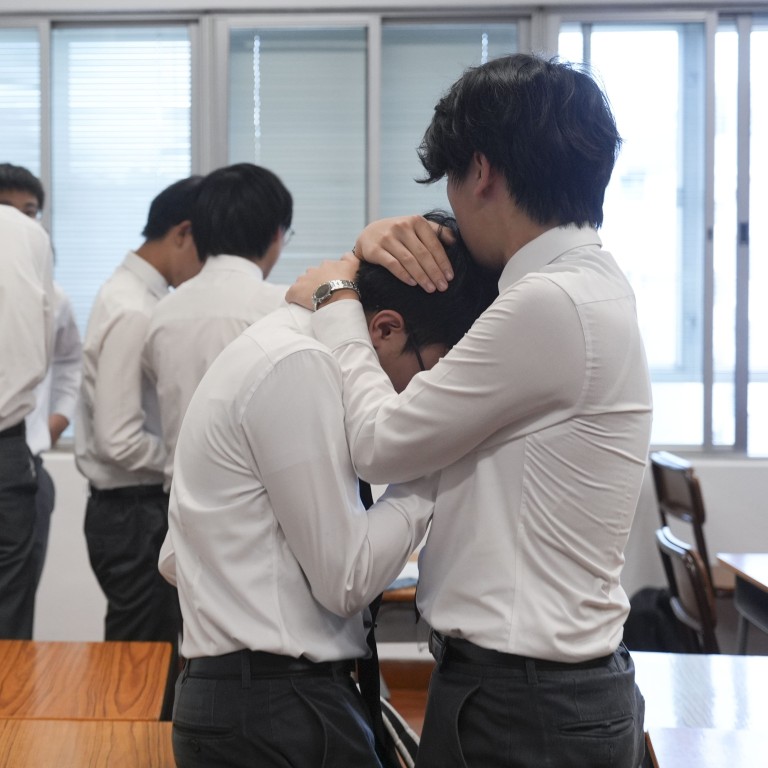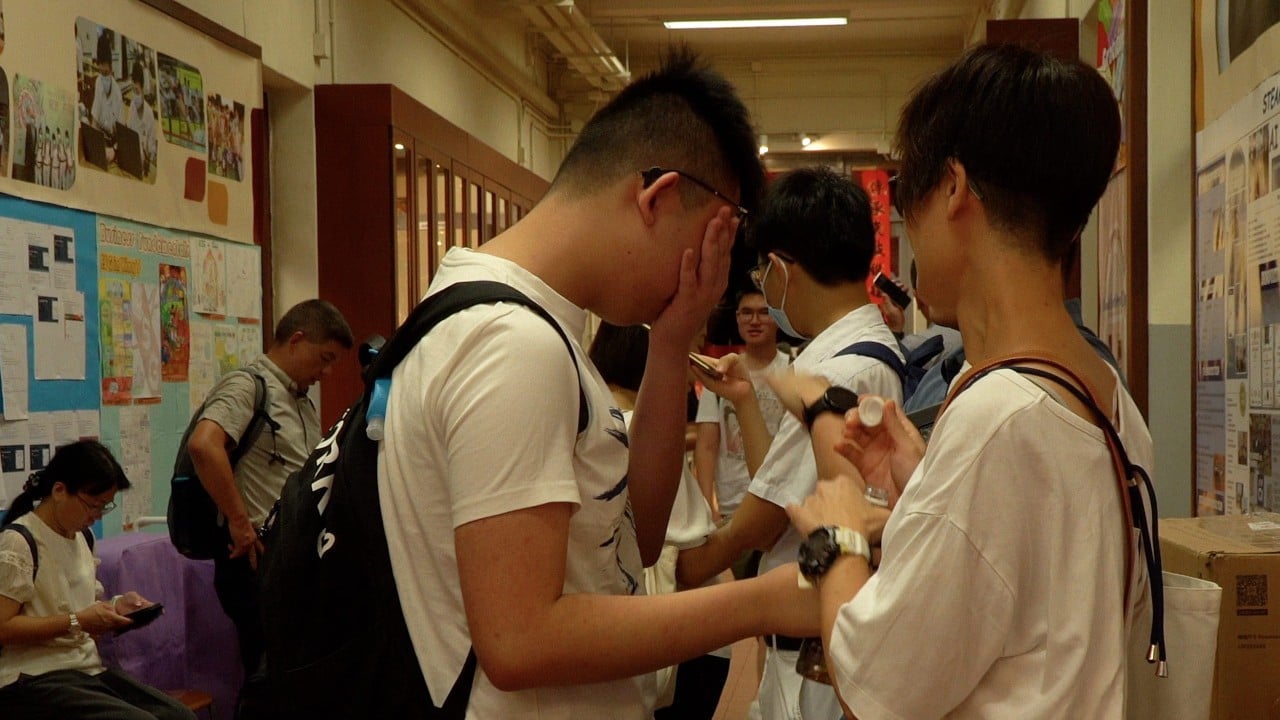
Let’s listen well to Hong Kong students’ mental health woes
- A student advisory council in every secondary school would let young people be heard. We don’t need to settle for reductive understandings
These figures paint a grim picture but also risk oversimplifying a complex issue. As a former secondary school teacher turned researcher focusing on youth issues, I have learned that adolescence is a period of nuance and complexity. If we settle for the reductive understanding that academic pressure leads to mental health challenges, we hobble our ability to develop deeper insights. It could lead to well-intentioned but misguided solutions.
To combat this, I propose the establishment of student advisory councils in every secondary school in Hong Kong. These councils would be where young people’s voices can be centred in discussions about their well-being.
As educators and parents, we often labour under the illusion that we understand our children’s lives very well. Researchers, however, might disagree.
While many Hong Kong schools have student councils, these typically focus on event planning rather than informing school policies. We have the opportunity to leverage these platforms to gain insights into students’ lives.
We can also start reframing questions to highlight students’ strengths and assets. “Positive deviance” is an effective sociological research method where, instead of highlighting problems, researchers inquire about individuals or groups that thrive despite having access to the same resources and facing similar challenges.
My interviews with recent secondary school graduates revealed surprising insights. Many spoke of the camaraderie forged during classes and test preparations, where the pressure fostered a sense of community and belonging. Most credited their schools with shaping them into productive citizens, rather than merely helping them advance academically.
The issue of academic pressure extends far beyond practice papers and scorecards. By amplifying our children’s voices in this discourse, we can develop better strategies to support their well-being and growth.
As Hong Kong students grapple with their DSE results and navigate their next steps, let’s commit to listening to them more attentively and involving them more meaningfully in school policies and other decisions that affect their lives. Our city’s future depends on it.
Kenny Lam is a Master of Education student in learning design, innovation and technology at the Harvard Graduate School of Education. Lyris Miu contributed to the research in this article



